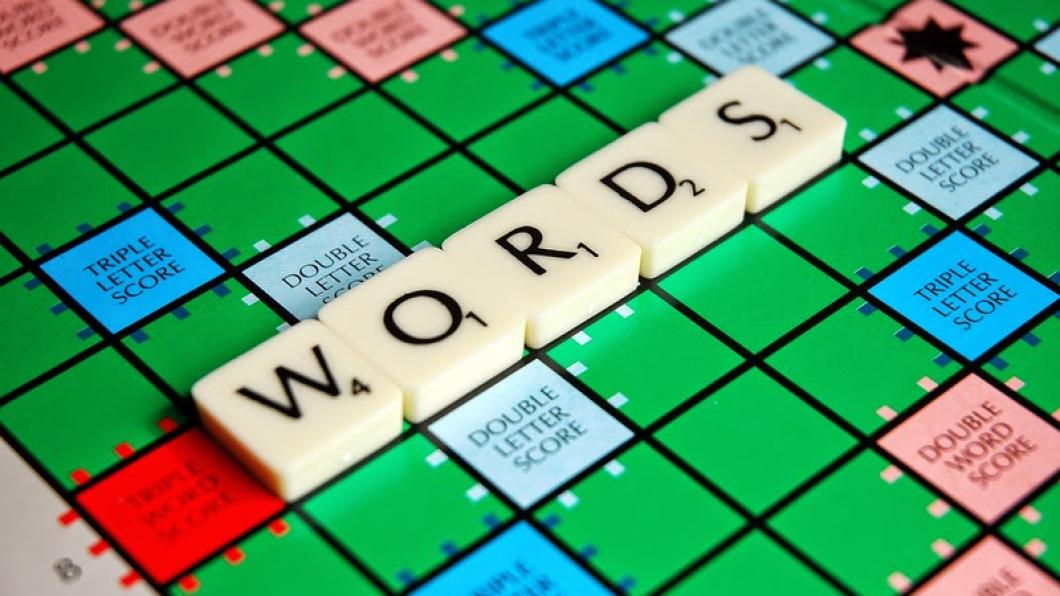
What's in a name?
By Louise Kinross
It seemed a simple exercise. I was at Columbia University doing a a course for clinicians and writers on narrative medicine. In our small group, we were asked to write for five minutes on this prompt: “How did you get your name?”
Then we went around the table and read out our pieces. The stories that emerged were complex, powerful and in many cases deeply painful. Often times a person had been named in memory of a relative—but sometimes this connection was perceived as limiting, not liberating. Other times the child didn’t ‘click’ with his or her name, or family dynamics involved in the selection of the name caused discontent.
The exercise showed me how important the personal meaning of a name is and how people can interpret a word in strikingly different ways. Words matter and shape how we think about things. But sometimes the same word can evoke different or even opposing images or feelings in people.
Which brings me to the topic of how we name disability—or how we describe people with disabilities.
Back in the 1990s, when my son was born, there was a people-first movement that informed how we describe disability. The idea was that disability is a part of someone, but it doesn’t define them. So we referred to “a child with a disability” as opposed to “the disabled child.”
As parents, many of us alligned ourselves with this approach and still use it today.
But a rethinking of how disability is described is playing out on social media, where many adults with disabilities say they prefer to call themselves “disabled.”
Here’s how S.E. Smith at This Ain’t Living described it recently:
“There’s something inherently blamey, to my ears, about ‘person with disabilities,’ although I have the utmost respect for people who prefer to identify with that term (or with other person-first language, like person with autism, or person with mental illness). It sounds less like a part of someone’s identity (autistic or autistic person, mentally ill person) and more like an appendage, an externality, something sort of clumsily attached; something someone is forced to live with. It also sounds like something a person should be able to fix or overcome, rather than an accepted part of that person’s identity and reality.”
Smith notes that “person-first language is…rooted in the medical model: Something is wrong with you. You should be fixed.”
In contrast, Smith describes the “social model: You have an impairment, and society disables you.” For example, “society is built for people who are not paralyzed, thereby making it difficult for you to fully participate in society as an equal.”
The social model of disability teaches that people are marginalized by the environment, people’s attitudes and inaccessibility, rather than the disability being something that resides within them.
Some childhood disability researchers have adopted this approach.
“‘Disabled people’—the terminology that I most often use—suggests that disability is not something a person has, but rather something experienced as a result of prejudice, discrimination and social exclusion,” says Bloorview Research Institute scientist Barbara Gibson, who is a co-author of Rethinking Rehabilitation: Theory and Practice expected out in March.
Among disability advocates there is a move to identity-first language. Lydia Brown describes this in a piece at The Autistic Self Advocacy Network.
…When people say “person with autism,” it does have an attitudinal nuance,” Brown writes. “It suggests that the person can be separated from autism, which simply isn’t true. It is impossible to separate a person from autism, just as it is impossible to separate a person from the colour of his or her skin.
“In the autism community, many self-advocates and their allies prefer terminology such as ‘Autistic,’ ‘Autistic person,’ or ‘Autistic individual’ because we understand autism as an inherent part of an individual’s identity—the same way one refers to ‘Muslims,’ ‘African-Americans,’ ‘LGBTQ,’ ‘Chinese,’ ‘gifted,’ ‘athletic,’ or ‘Jewish.’
Emily Ladau, a disability blogger at Words I Wheel By and contributor at the Disabled Girls Talk podcast (which is a really cool dialogue between two young women) expands on this idea.
“You wouldn't go out of your way to say ‘a person who is female’ or ‘a person who is Jewish,’ because neither of these things are perceived to be negative by society in the same way as disability. When you say person with a disability, it implies you want to remove the disability from the person, as though acknowledging their disability means they are less of a person. However, disability is simply a state of being—not something that should cause shame. And in fact, my disability identity is something in which I personally find a deep sense of pride...”
I think we should respect the words that people choose to name themselves, recognizing that we need to clarify the intentions behind them. Ask people why they choose certain words—don’t just assume that you know what's intended, which is what I used to do. In the past I interpreted the phrase ‘disabled children’ to be a devaluing of a group. I had my word police antenna up, and I was quick to judge.
But after listening to adults talk about why they identify as ‘disabled,’ and researchers explain their rationale for positioning people as being ‘disabled’ by physical and attitudinal barriers, I hear the words in a new way.
Emily Ladau, in a great read on language sums it up beautifully: “Language is rarely ever a clear-cut matter.” What do you think?